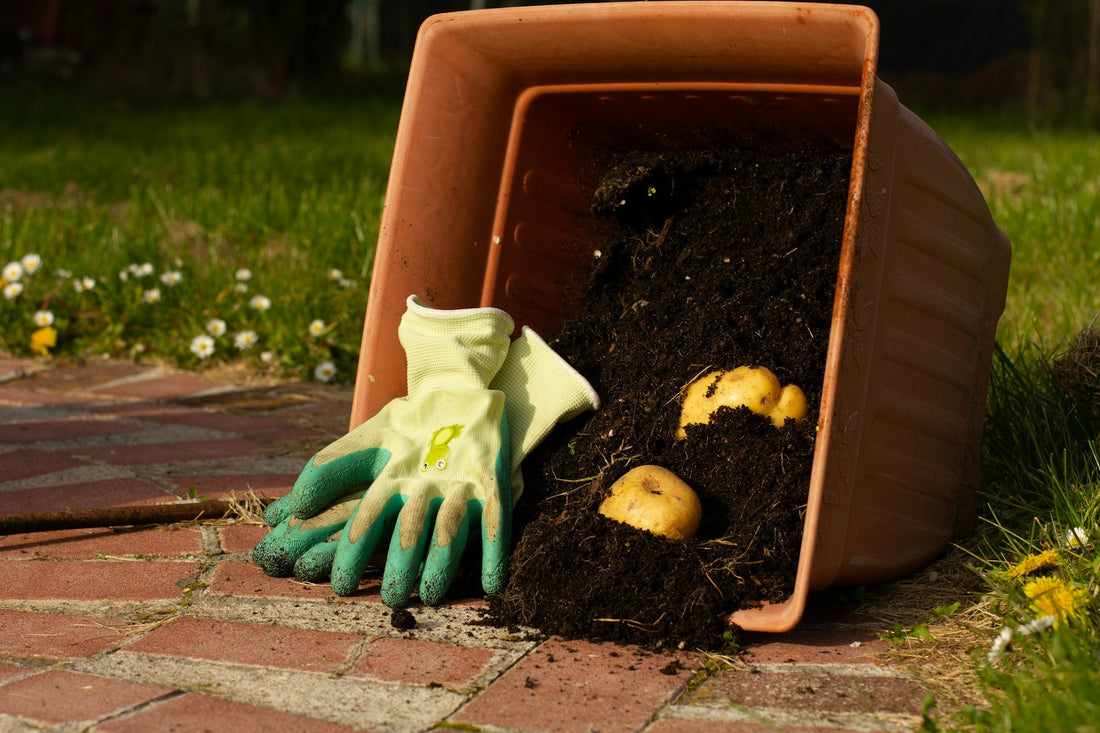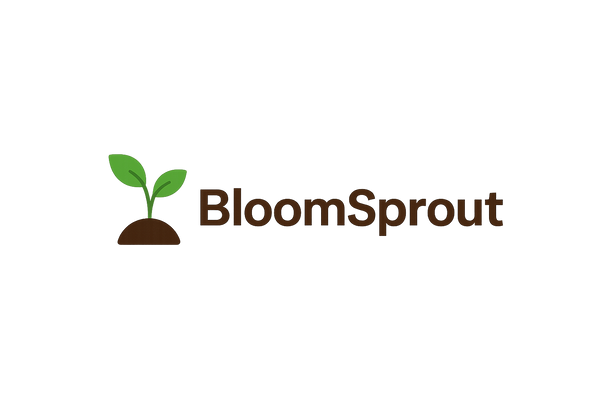
Composting at Home: Turning Waste into Garden Gold
Share
Transform Kitchen Scraps into Nutrient-Rich Soil
Composting is one of the simplest and most effective ways to reduce household waste while creating nutrient-rich soil for your garden. By turning food scraps, yard waste, and other organic materials into compost, you not only help the environment but also give your plants the nutrients they need to thrive.
🌿 Why Composting Matters
-
Reduces Landfill Waste: Food and yard waste make up a significant portion of household trash. Composting keeps these materials out of landfills, reducing methane emissions.
-
Enriches Soil: Compost improves soil structure, aeration, and moisture retention, promoting healthier plant growth.
-
Supports Sustainable Gardening: Using compost reduces the need for chemical fertilizers, creating a more eco-friendly garden.
-
Encourages Microbial Life: Composting fosters beneficial bacteria and fungi, which are essential for soil health.
🌱 What Can You Compost?
Kitchen Scraps: Vegetable peels, fruit cores, coffee grounds, eggshells.
Yard Waste: Grass clippings, leaves, plant trimmings.
Other Organic Materials: Shredded paper, cardboard, natural fibers, tea bags.
Avoid: Meat, dairy, oily foods, and pet waste, as these can attract pests and slow down decomposition.
♻️ How to Start Composting at Home
1. Choose a Composting Method
-
Outdoor Pile or Bin: Perfect for larger gardens. Requires space and occasional turning.
-
Indoor Bokashi or Vermicomposting: Ideal for apartments or small spaces. Uses microbes or worms to accelerate decomposition.
2. Balance Greens and Browns
-
Greens: High-nitrogen materials like vegetable scraps, coffee grounds.
-
Browns: High-carbon materials like dried leaves, shredded paper.
-
Aim for a mix of roughly 2/3 browns and 1/3 greens for optimal composting.
3. Turn and Aerate
Regularly mixing the compost pile helps speed up decomposition and prevents odors.
4. Monitor Moisture
Compost should be damp, like a wrung-out sponge. Too dry slows decomposition; too wet creates a foul smell.
5. Harvest and Use Compost
After a few months, compost will turn into dark, crumbly, earthy-smelling soil. Use it to:
-
Enrich garden beds
-
Pot plants
-
Mulch around trees and shrubs
🌿 Tips for Successful Home Composting
-
Chop large scraps into smaller pieces for faster decomposition.
-
Keep a small kitchen bin to collect scraps daily.
-
Add a layer of browns after each addition of greens to prevent odor.
-
Be patient—composting is a natural process that takes time.
✅ Benefits of Composting
-
Healthier Plants: Compost provides essential nutrients for robust plant growth.
-
Waste Reduction: Reduces your household trash and carbon footprint.
-
Cost Savings: Less need for chemical fertilizers or store-bought soil amendments.
-
Environmental Impact: Reduces methane emissions and promotes sustainable gardening practices.
By starting a composting routine at home, you can turn everyday waste into garden gold, creating a greener, healthier, and more sustainable environment for your plants—and for the planet.
